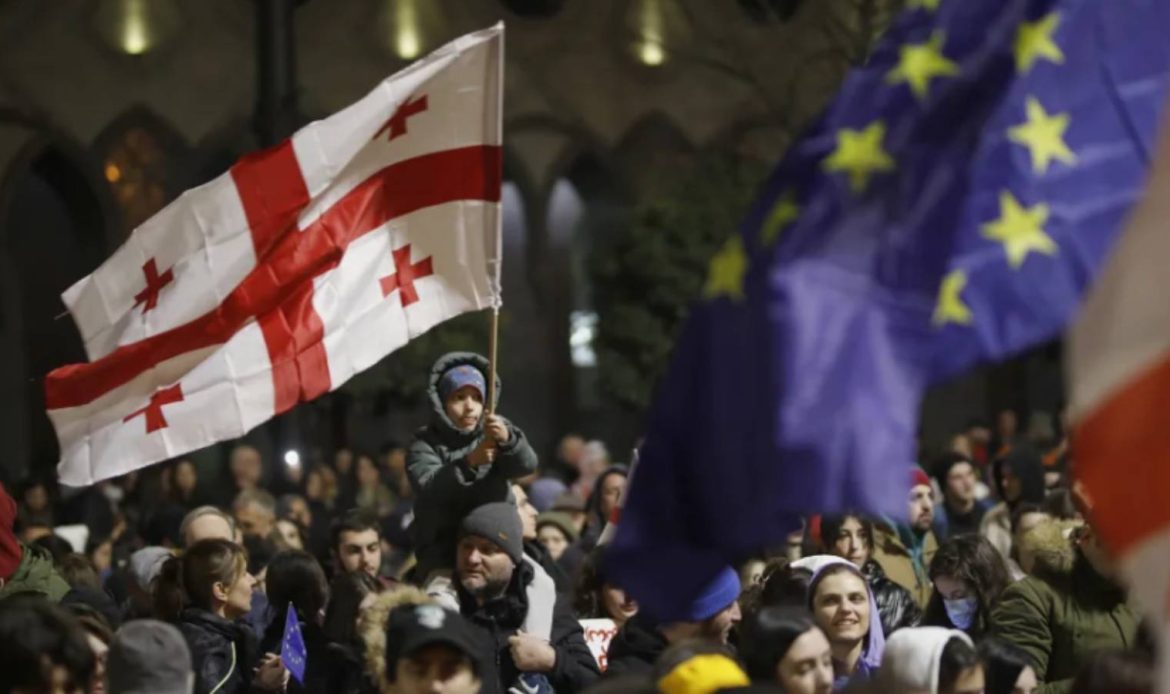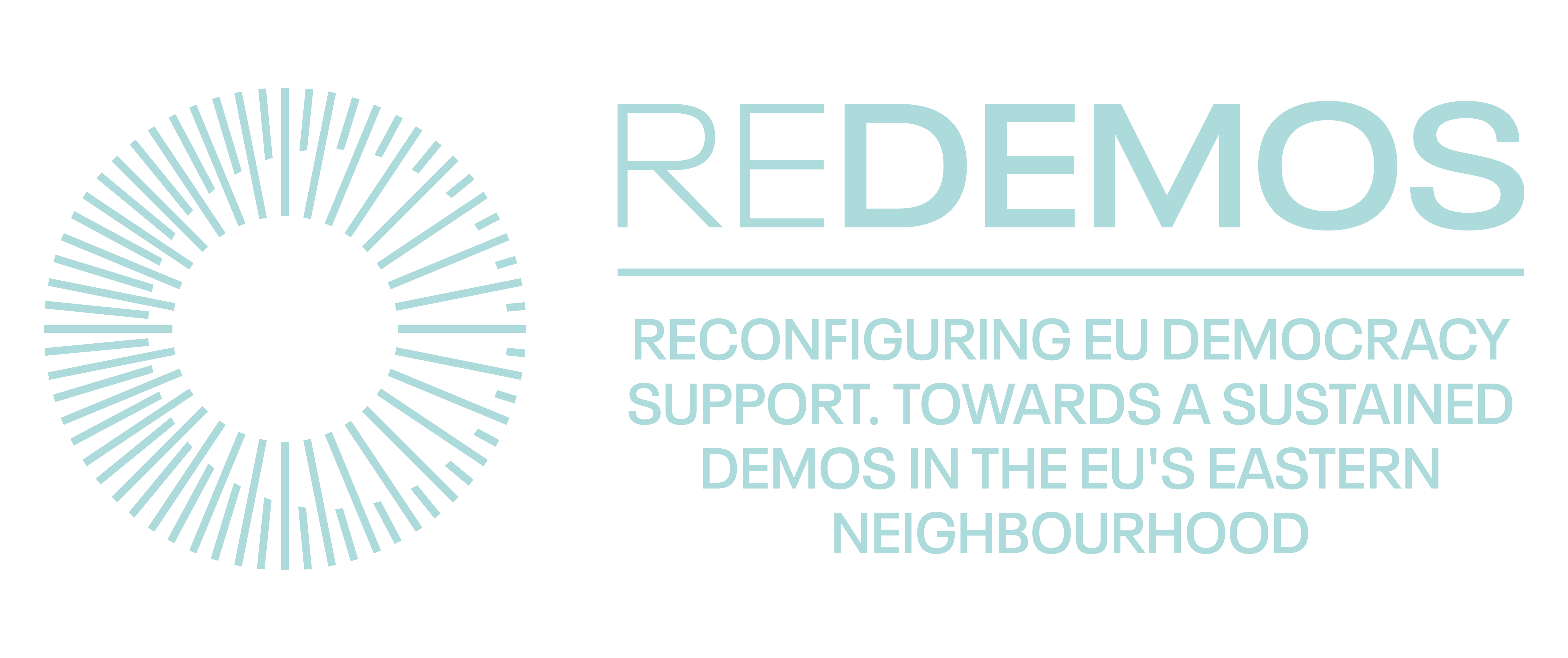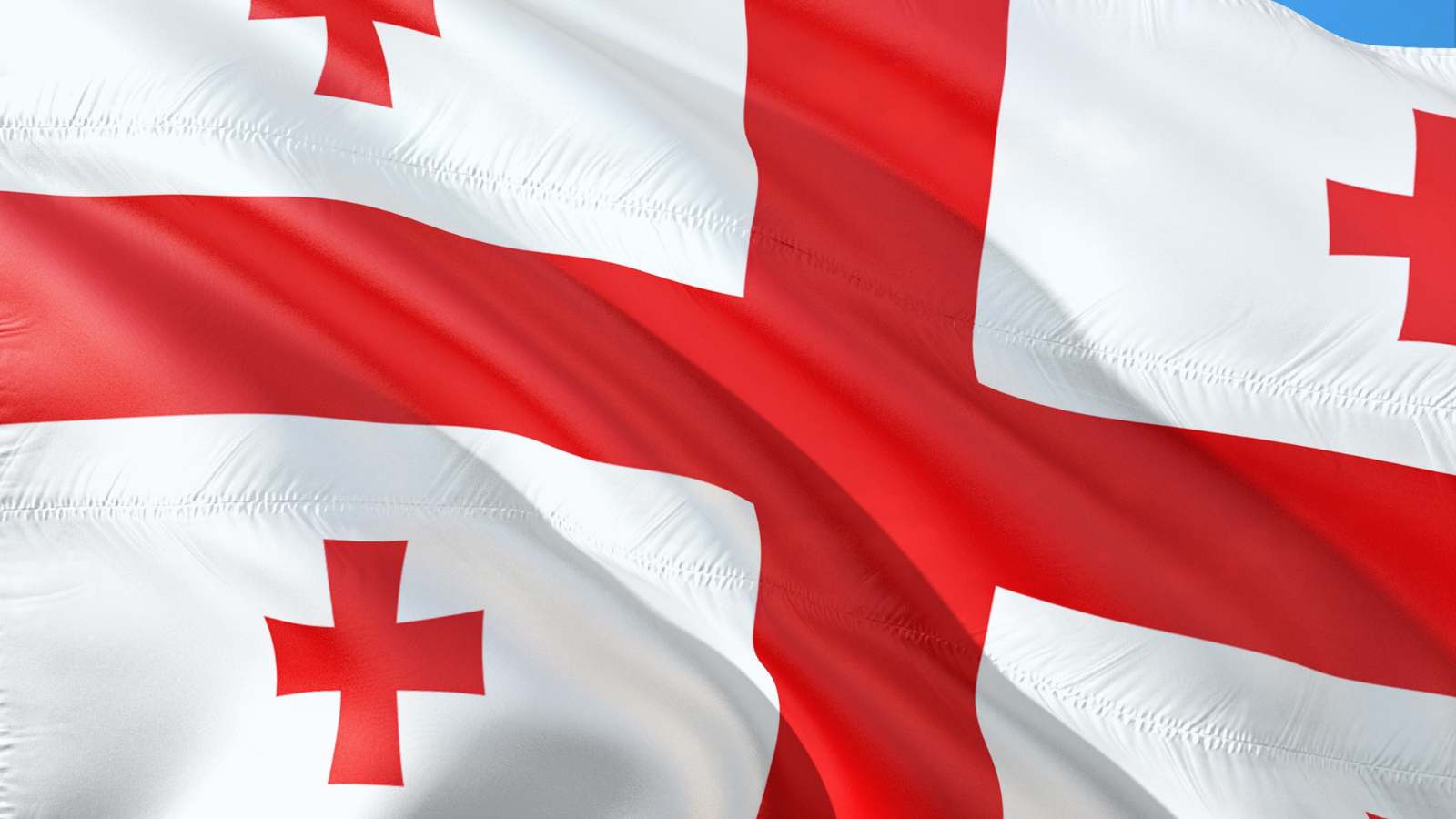By Kakha Gogolashvili, Director of EU Studies. GFSIS, Tbilisi
On 20 February 2023, the parliamentary faction People’s Power, which is considered an affiliation of the ruling party Georgian Dream, initiated a draft law “on Transparency of Foreign Influence” which sought to establish a register of NGOs and media outlets whose financial assets originate from abroad. According to the draft law, any non-commercial organization whose budget is formed out of foreign grants or other foreign sources becomes obliged to register as a “foreign agent”. This entails that NGOs would have to disclose their financial operations, project outputs, as well as the names and positions of all involved in conducted projects, including sensitive personal data.
As a rule, the transparency of NGOs and the media does not represent an issue of concern in Georgia. The country boasts a well-established legal basis covering transparency-related matters, and this includes the “Law on Grants” and the “Law on Broadcasting”, both of which make all important information about non-commercial organizations’ operations accessible for scrutiny by the government, public bodies and the wider public. In addition, due to funding requirements by foreign donors, all relevant information is usually openly displayed on the websites of grant recipients.
So, why did Georgian society protest the draft law, after all? Numerous reasons and arguments motivated Georgian society to consider the law unacceptable, and in what follows, at least some of them shall be explored.

In the draft law, the term “agent of influence” was applied incorrectly to those organizations, i.e. 99% of ordinary NGOs, which in reality never act on behalf of a “foreign principal”, do not execute orders from foreign bodies, nor ever lobby any policy decisions representing the interests of foreign states or foreign based structures. In comparison, the US Foreign Agents Registration Act (FARA) considers foreign agents those entities (irrespective of their organizational form), which represent a “foreign principal” and work under its orders to influence decision-makers and high-level civil servants of the host country in favor of the interest of its foreign patron.
The draft law, presented by People’s Power, establishes that, if the budget of an NGO obtains at least 20% of its funding from an external, i.e. non-Georgian source, it would have to be categorized as a foreign agent. In reality, though, no NGO in Georgia can obtain financing from internal sources, and no NGO receiving grants or acting under service contracts has ever acted in the interests of a foreign country.
The bill was initiated and developed without any consultation with the wider public or relevant stakeholders in Georgia or abroad. As such, no consultations with donor organizations or those partner states that largely support NGOs in Georgia ever took place, and no regulatory impact analyses were presented. As a consequence, stakeholders and the Georgian public were taken aback, suddenly exposed to a situation in which the parliamentary majority started to spread messages blaming local NGOs for not being sufficiently transparent whilst suggesting that there was indeed a high demand for, and public interest in, enhancing that transparency.
The presented draft law has many similarities to that adopted by Russian President Vladimir Putin in 2012 which caused the gradual, full break-down and elimination of independent Russian NGOs, alternative media and consequently of critical voices in the country. Georgian citizens are well informed and aware of such risks and thus opposed strongly and with determination the most recent attempts to adopt such a bill in Georgia. As a matter of fact, Georgians came to call the proposed law “The Russian Law”.

To reduce emergent tensions surrounding the draft bill, the People’s Power party initiated in parallel another draft, which turned out to be a fragmentary translation of the US FARA, and it started to portray societal protests as a concerted form of opposition to a US-style legal reform destined to regulate foreign influence in Georgia.
In reality, however, the introduction of the FARA-like draft was a tactical move to silence critical voices and secure the adoption of the first version of the law, which could combine elements of both the first and the second draft.
Despite strong criticism and calls from civil society, political parties, various social groups, sportsmen, artists, scientists, writers, journalists, embassies of partner countries, the High Representative of the EU for Foreign Affairs and Security Policy Josep Borrell, the US State Department, French, German and other EU member states’ governments, Georgian Dream and its parliamentary allies, on 7 March 2023, adopted the first (“Russian”) draft law at the first reading.
Subsequently, and against the backdrop of strong messages of condemnation by the EU and US, signaling that the adoption could seriously endanger the future of Georgia’s relations with them, societal protests moved into the streets of the Georgian capital Tbilisi, where thousands of citizens gathered outside the parliament building to hold peaceful rallies over several days. Waving Georgian and European flags, demonstrators were particularly concerned that, as a result of the adoption of the law, Georgia would not become an EU candidate country and thus were ready to defend their cause. Even though security forces resorted to force and violence, including the use of tear gas, water cannons and pepper spray, to disperse the protests, demonstrators displayed a remarkable degree of resilience, reuniting day after day.
Faced with this powerful demonstration of determination in particular by Georgian youth, the ruling party eventually took a step back and on 10 March, the Georgian Parliament revoked the draft law.
Despite the revocation of the bill, however, representatives of Georgian Dream and their allies in parliament and the government continue to express their support for the law whilst blaming the opposition and civil society as such for “spreading lies”.
Regardless of whether or not the government will undertake another attempt in the near or more distant future as far as drafting a similar law is concerned, one sobering conclusion seems obvious: as long as the ruling power continues to openly oppose the will of the people and does not cease its systematic efforts to spur the considerable polarization Georgian society has become exposed to, the country’s future will remain highly uncertain and democratic backsliding will continue.


